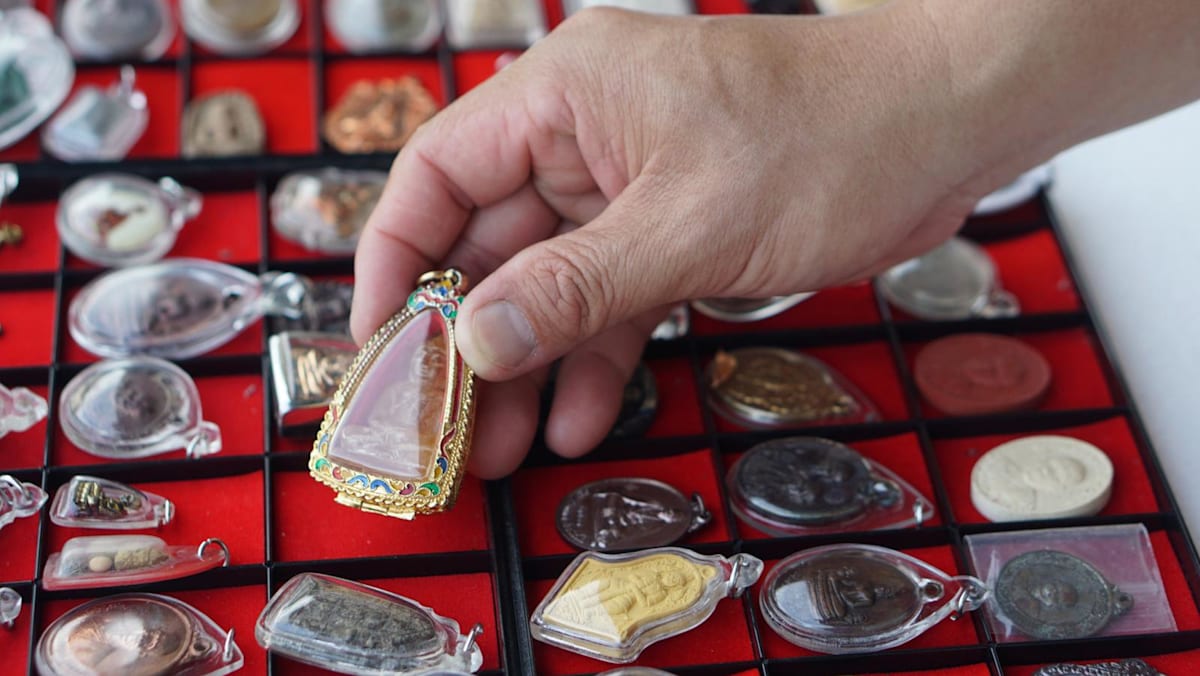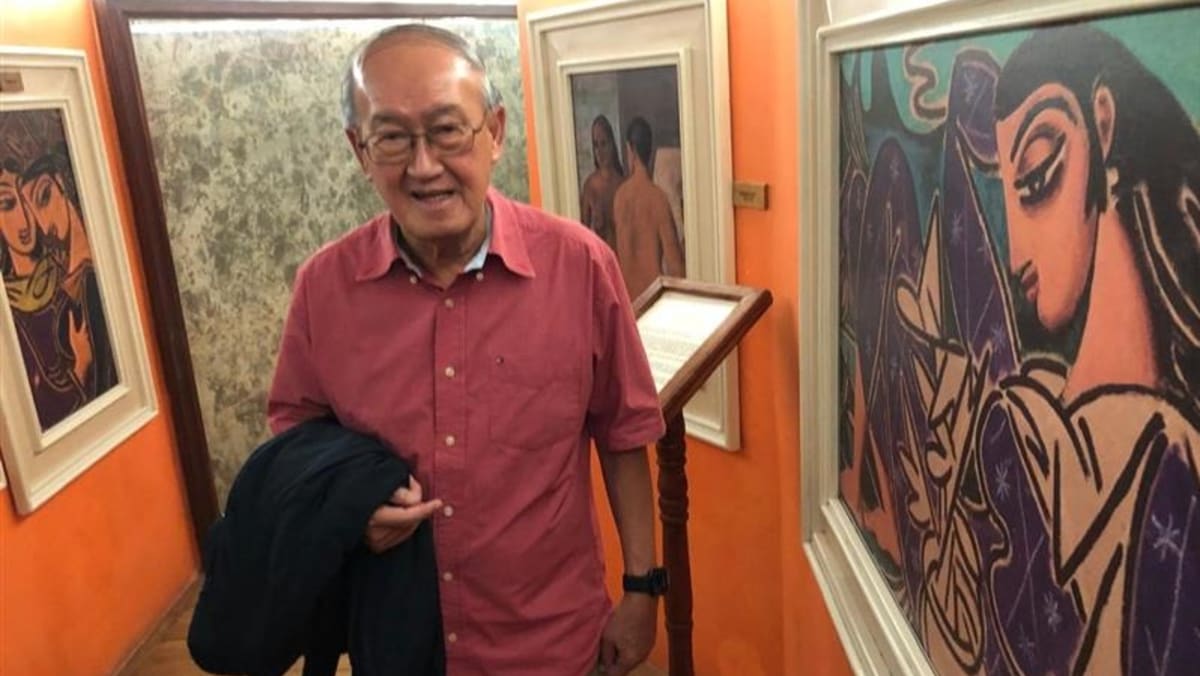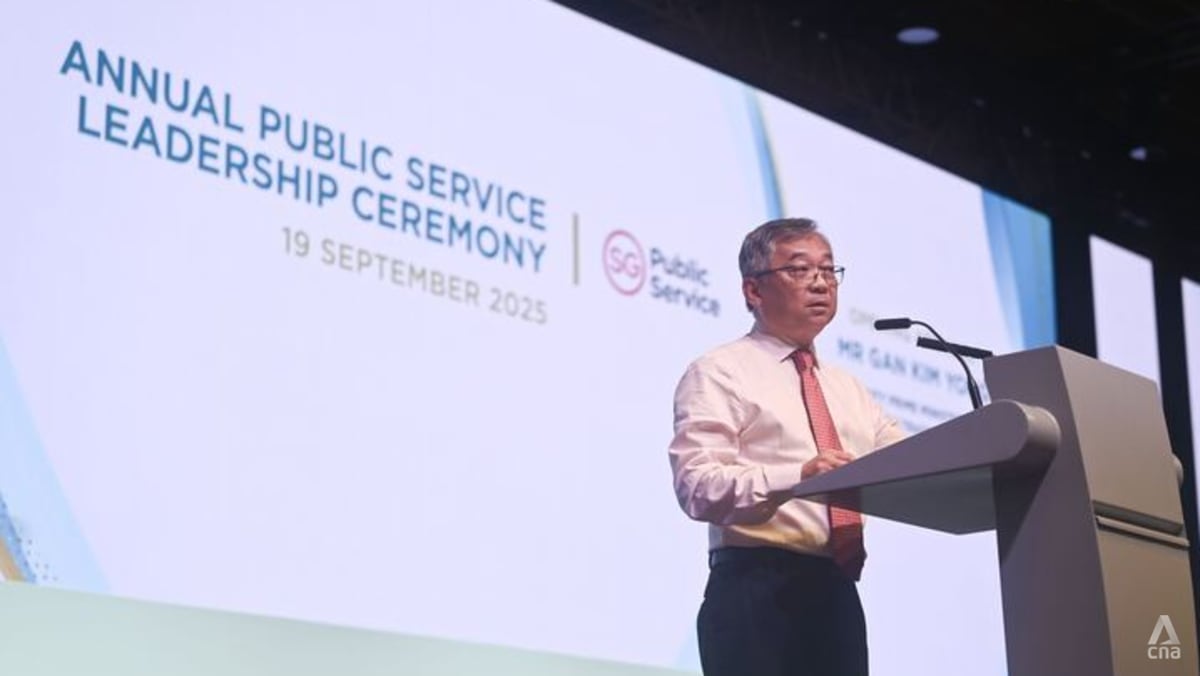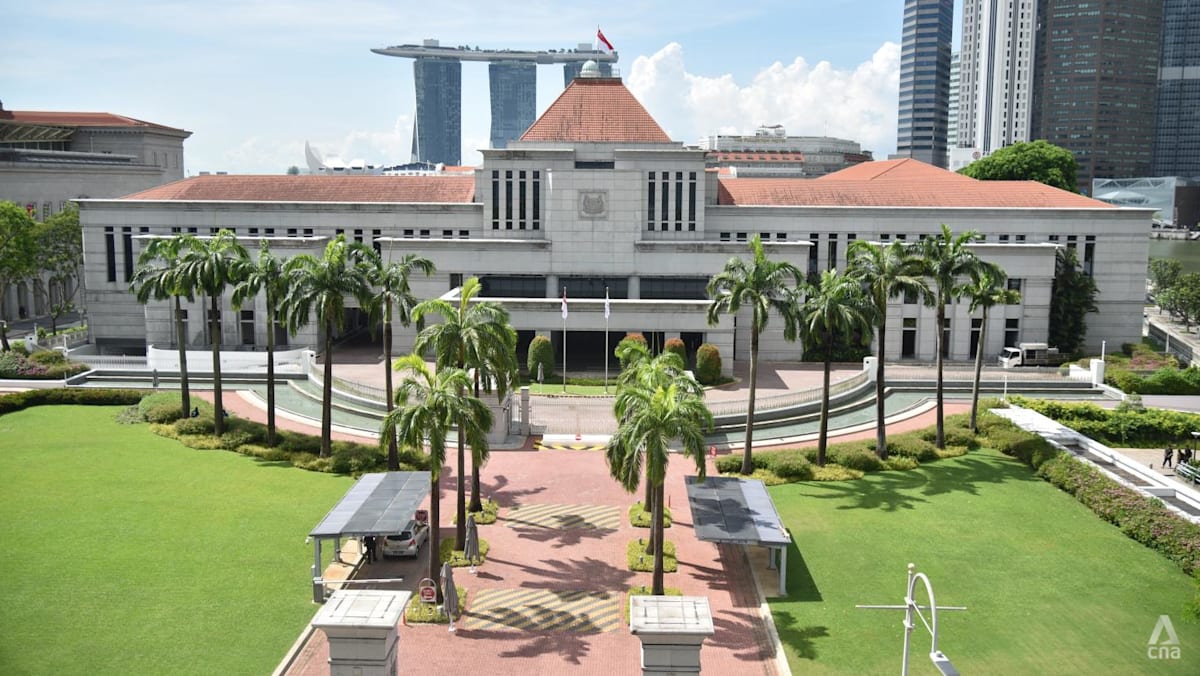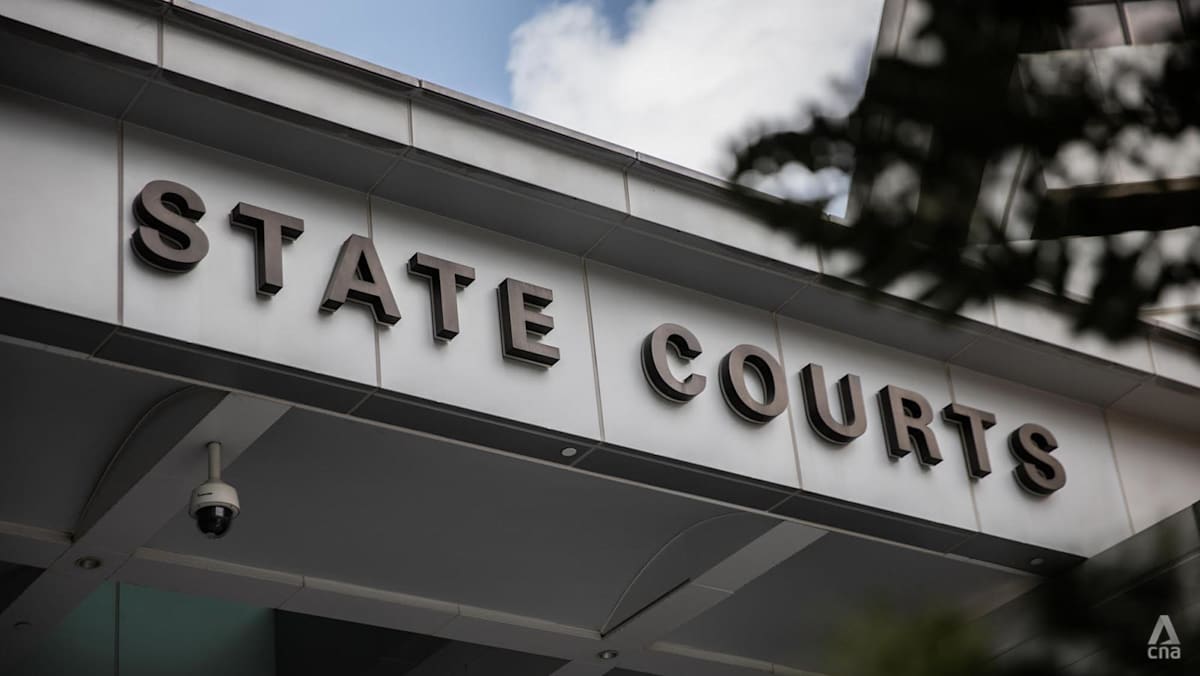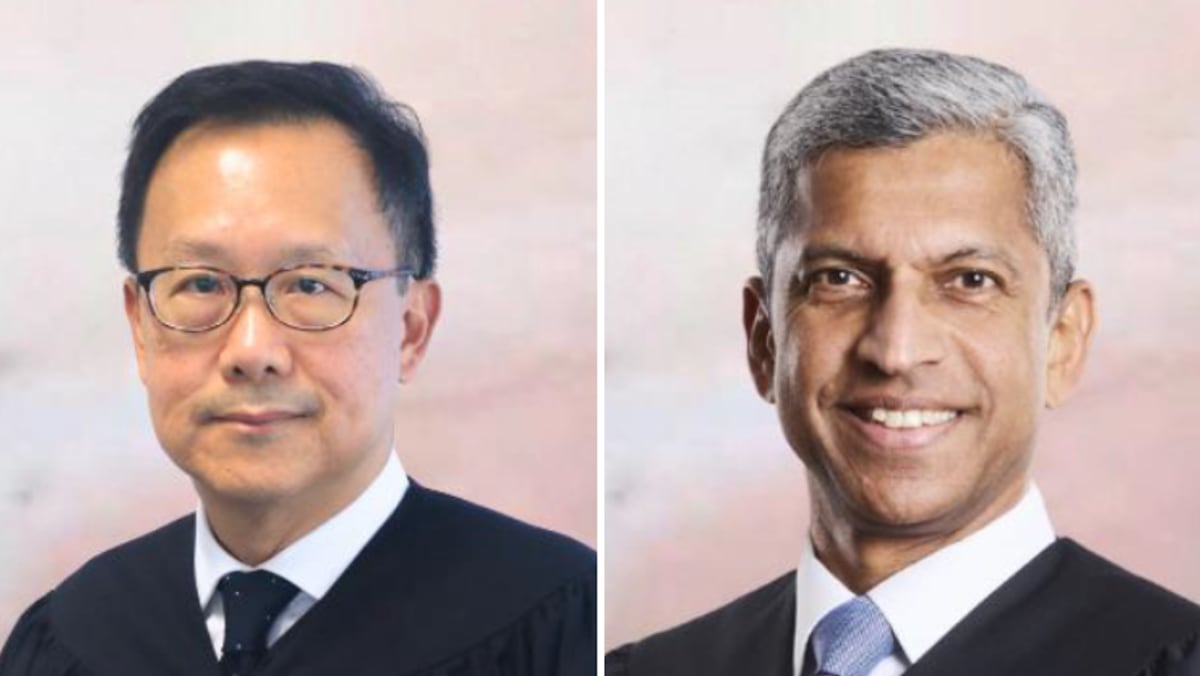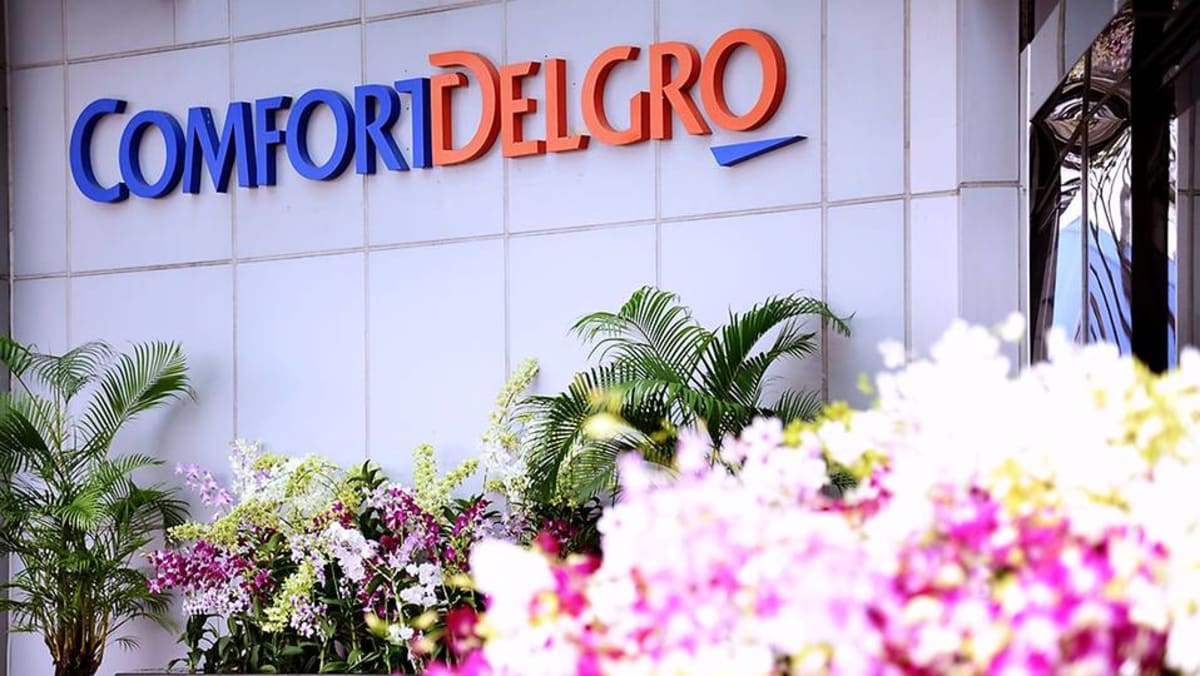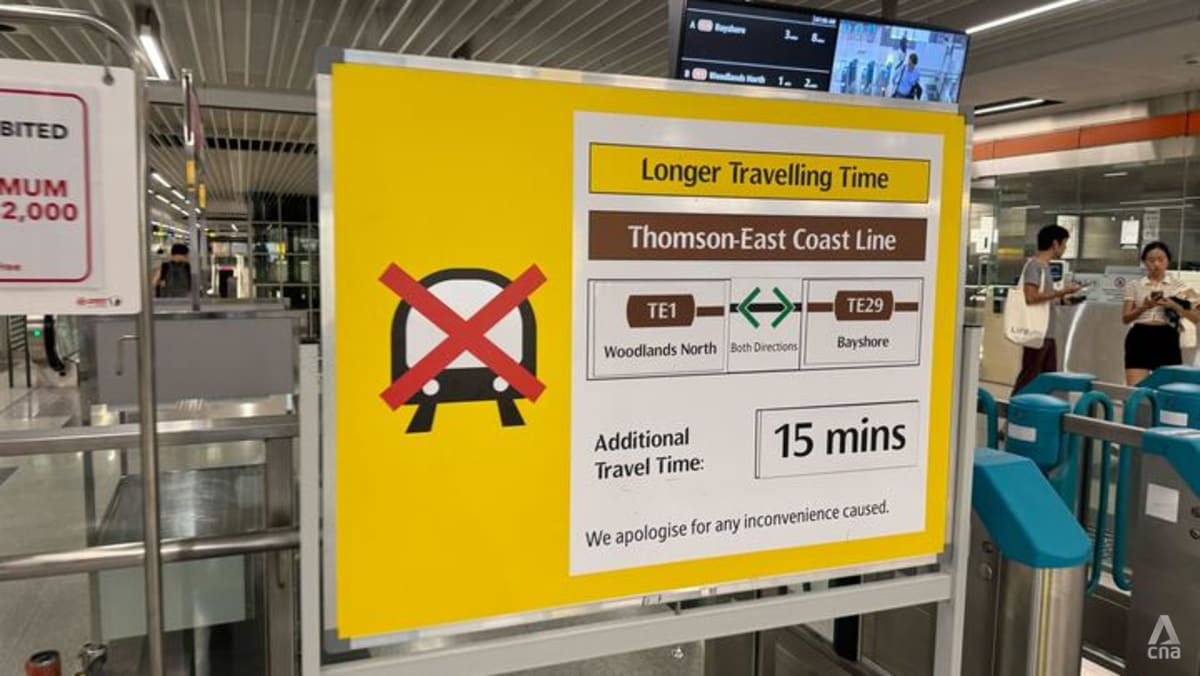SINGAPORE: The “bias” and “hypocrisy” of Western media presents an opportunity for Singapore’s national broadsheet The Straits Times (ST) to “fill a niche in the market”, said its former editor-in-chief Cheong Yip Seng.
In a new book titled Ink and Influence: An OB Markers Sequel, the media veteran said the nearly 180-year-old newspaper should hence aspire to cater to global, “upmarket” and English-speaking audiences, with a focus on geopolitical coverage.
This would mean stopping coverage of local and municipal matters, which other outlets are already handling, he argued.
Mr Cheong, who helmed the national broadsheet from 1987 to 2006, launched his book at the National Library Building on Wednesday (Jul 2).
It is a follow-up to OB Markers: My Straits Times Story which was published in 2012, covering over four decades as a journalist in Singapore.
The idea for an upmarket, global newspaper for Singapore is not new, according to Mr Cheong in his latest book, which is available in bookstores.
The 82-year-old said Singapore’s first Foreign Minister S Rajaratnam first mooted the idea in the late 1960s, before former Prime Minister Goh Chok Tong made the same suggestion years later.
“At one of our regular lunches, (Mr Goh) noted that the ST was ‘schizophrenic’,” said Mr Cheong. “Its local pages were more like a popular, mass-market product. Not so the section that delivered regional and foreign news, which was upmarket and widely read by regional leaders.”
WESTERN “DOUBLE STANDARDS”
Mr Cheong wrote that while the Western, English-language media dominates the global market today, its “weakness” lies in what he said was its “bias” and “blatant hypocrisy”.
He cited coverage of wars in Ukraine and Palestine as an example.
“For a long time, many countries, including Singapore, would witness a US-led crusade for human rights. But when Palestinians are being starved and slaughtered in Gaza, the Western human rights crusaders were found wanting,” he said.
“The US persisted in supporting Israel, with words and weapons. They did call for a more humane approach in fighting the war, to protect innocent Palestinian lives. But they were mere words.”
“Double standards” were also in play with regards to Hong Kong, wrote Mr Cheong.
When anti-China protesters stormed and vandalised the Hong Kong Legislative Council Complex in 2019, then-US Speaker of the House of Representatives Nancy Pelosi approvingly called it “a beautiful sight”, he said.
“If she had been consistent, she should have also reacted the same way when an American mob stormed the US Capitol on January 6, 2021.”
Against this backdrop, a non-Western perspective is a much-needed service in an era of dangerous geopolitics, said Mr Cheong.
WORTHY OF A GLOBAL CITY
Having a global Singapore newspaper would also match the country’s world-class standing in other areas such as finance and aviation, said the former editor-in-chief.
Mr Cheong noted that Singaporeans already feature prominently on the world stage with some undertaking global responsibilities, pointing to ambassador-at-large Tommy Koh and diplomat Rena Lee among others.
The Singapore perspective has also been amplified due to social media, with thought leaders like former Cabinet minister George Yeo and veteran diplomats Bilahari Kausikan and Kishore Mahbubani sought after on the international conference circuit.
“Singapore may be a little red dot on the world map, but it has a financial centre, port, airport, airline, and commodities trading hub that are all world-class,” noted Mr Cheong.
“Why not add to the list a global Singapore newspaper to match? It is a niche waiting to be filled and it would be worthy of the global city that Singapore has become.”
He wrote that there is also a Singapore angle to many foreign stories.
For instance, when Houthi militants – reacting to the Israel-Hamas war – attacked ships in the Red Sea, supply lines were disrupted and ports like Singapore’s had to deal with congestion, he explained.
“Such examples convince me that Singapore would not lose much if the new-look ST dumps coverage of municipal matters, community affairs, local crimes and lifestyles. Others are already doing the job,” he said, noting that the broadsheet was not the top-read news site in Singapore anyway.
While there would be some loss of local eyeballs in such a strategy, it would be balanced out by the gaining of an influential global readership, said Mr Cheong.
“With the heartlands no longer being its main market, the ST can fill its news space more productively with a more robust examination of the country’s policy choices,” he said.
“Singapore, at this stage of its development, needs and deserves such a paper. It would upgrade Singapore to become a major news hub and strengthen the country’s competitive edge.”


